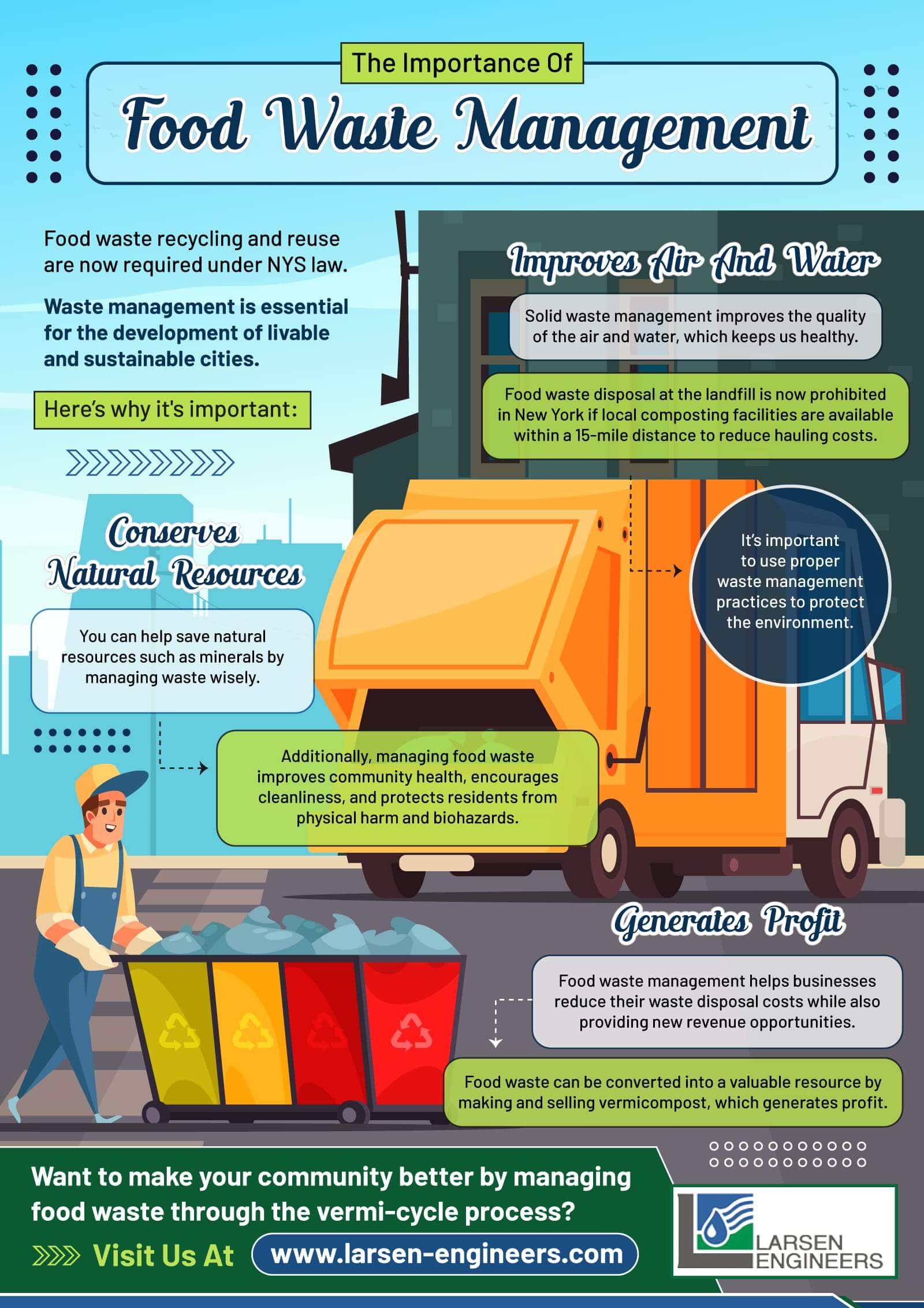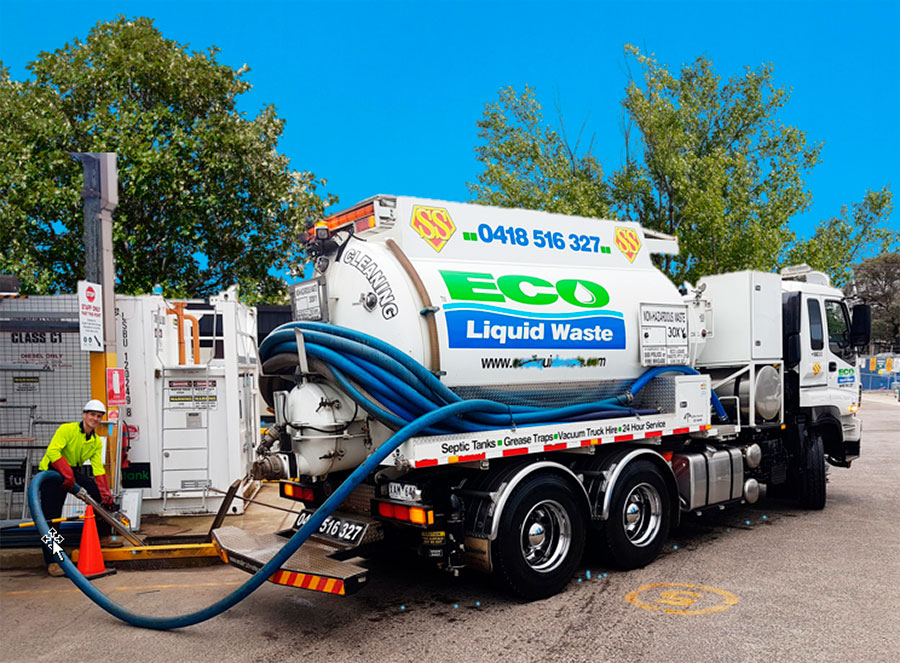The 20-Second Trick For Reclaim Waste
The 20-Second Trick For Reclaim Waste
Blog Article
What Does Reclaim Waste Do?
Table of ContentsAll about Reclaim WasteSome Known Questions About Reclaim Waste.Facts About Reclaim Waste RevealedHow Reclaim Waste can Save You Time, Stress, and Money.How Reclaim Waste can Save You Time, Stress, and Money.
With appropriate fluid waste management, companies can lower energy-intensive therapy procedures and disposal expenses. By complying with a system for managing fluid waste, companies can stay clear of expensive fines and penalties and prevent adverse attention.(https://fliphtml5.com/homepage/kekhp)Gather depictive samples from numerous points within the waste stream to guarantee precision. Liquid waste, especially unsafe ones, presents substantial threats during this step.

Sanitation (e.g., chlorination, ultraviolet light, ozonation) and nutrient elimination (e.g., denitrification and phosphorus removal) are advised under rigorous regulations. Various business breached several fluid waste disposal policies in recent years.
Fascination About Reclaim Waste

are used by markets that produce huge volumes of low-toxicity liquid waste. Shallow basins have fluid waste that is enabled to vaporize through natural procedures. The residue left can be thrown away in landfills. entails melting liquid waste at heats and converting it into gas and ash. This kind of disposal is subject to strict ecological laws due to possibly unsafe exhausts.
The findings ought to be documented, analyzed, and saved not just for entry to regulative authorities yet also for making renovations in the future. Share information with appropriate stakeholders (e.g., workers, regulatory federal government firms, and nearby neighborhoods) to keep transparency and liability.
Comprehending these can assist them successfully manage their operations and lessen their ecological effect. Firms that can not invest in facilities need to take into consideration collaborating with the public industry for far better remedies.
The Only Guide to Reclaim Waste
By applying extensive monitoring systems that consist of therapy and recycling strategies, normal surveillance, risk evaluations, and adherence to neighborhood and federal policies, commercial facilities can contribute to the protection of groundwater products, guaranteeing their schedule for future generations (industrial wastewater treatment). Allow's explore the relevance original site of efficient liquid waste management in the industrial sector, concentrating on its implications for securing groundwater resources
The air pollution of groundwater sources because of improper liquid waste management in the industrial field has far-reaching consequences for human wellness, farming, and the atmosphere all at once. Several of the prospective effects brought on by such air pollution include: Polluted Drinking Water Products: As groundwater provides a significant part of our alcohol consumption water, pollution from industrial activities can bring about damaging chemicals and microbes entering our water supply, positioning health threats for humans.
Minimized Agricultural Efficiency: Farming counts greatly on groundwater for watering; therefore, polluted water can impede crop returns, pollute agricultural products, and influence food safety and security. Given the relevance of maintaining groundwater resources, it is critical for companies to take a proactive position in managing their fluid waste sensibly and stopping contamination.
Fascination About Reclaim Waste
Liquid waste can pollute land and contaminate waters. Under the Security of the Atmosphere Workflow Act 1997, businesses that generate liquid waste are needed to manage it in such a way that secures the setting and the community. Details concerning managing and storing fluid waste, replying to spills and minimizing liquid waste is offered in the complying with fact sheets and advice:.
Water, the essence of life, is under constant danger from contamination. The duty of waste administration professionals in guarding this valuable resource can not be overstated. Their services consist of: Septic tank and oil trap cleansing: Important for preventing hazardous pollutants from entering our water supply. Polluted water and contaminated effluent monitoring: Ensuring that unsafe liquids are safely eliminated and treated before they can hurt our water resources.
Therefore, integrating lasting liquid waste administration right into financial planning enhances financial stability and safeguards the setting, demonstrating the worth of this approach. In final thought, taking on expert fluid waste monitoring methods is critical for making sure a sustainable future, safeguarding our environment and protecting the health of future generations.
When it pertains to getting rid of waste, sticking to correct treatments is crucial for a wide variety of reasons. Proper waste disposal is not just about sanitation; it has to do with ensuring the health of our atmosphere, wellness, and the reliable use sources. Comprehending the value of effective waste management can aid all of us contribute to a healthier, cleaner earth.
Not known Facts About Reclaim Waste
Reliable waste monitoring aids preserve clean roads and public areas, reducing the visual impact of litter and guaranteeing that waste does not damage wild animals. When waste is not gotten rid of correctly, it can cause pollution, where damaging compounds can leach right into the soil, water supply, and the air, creating long-lasting environmental troubles.
Report this page